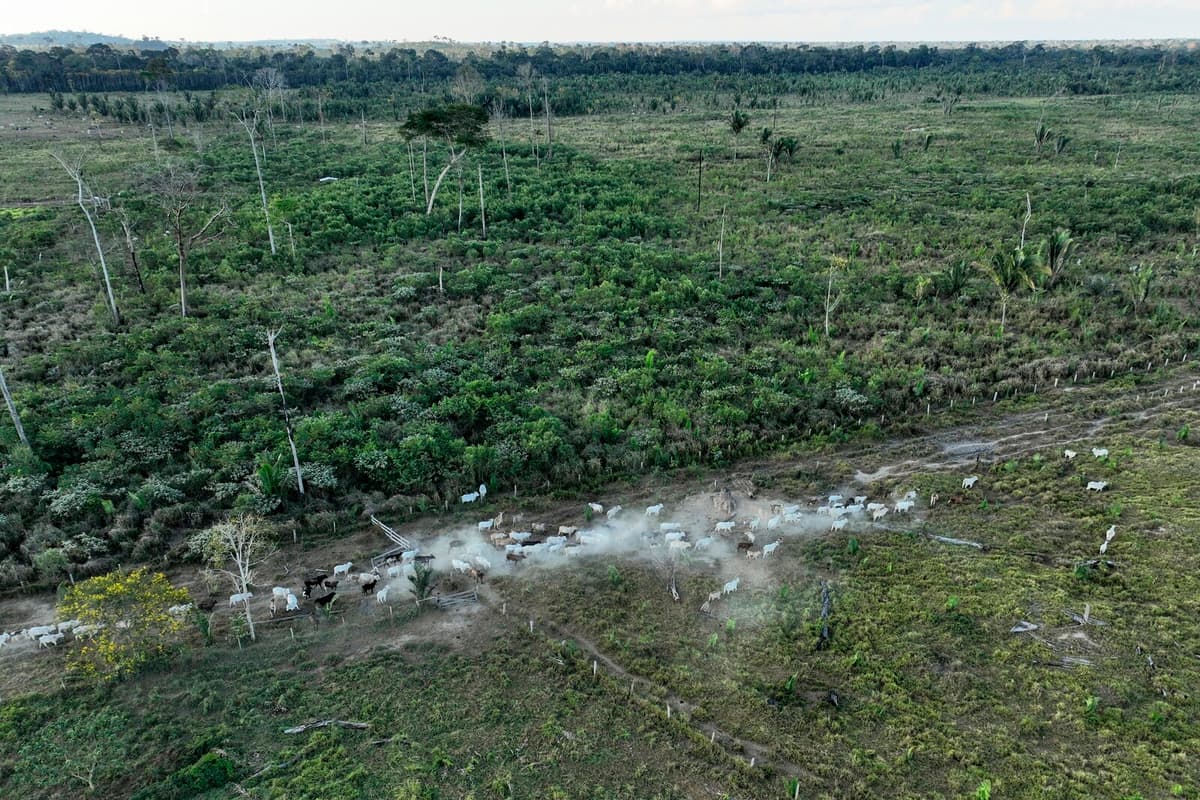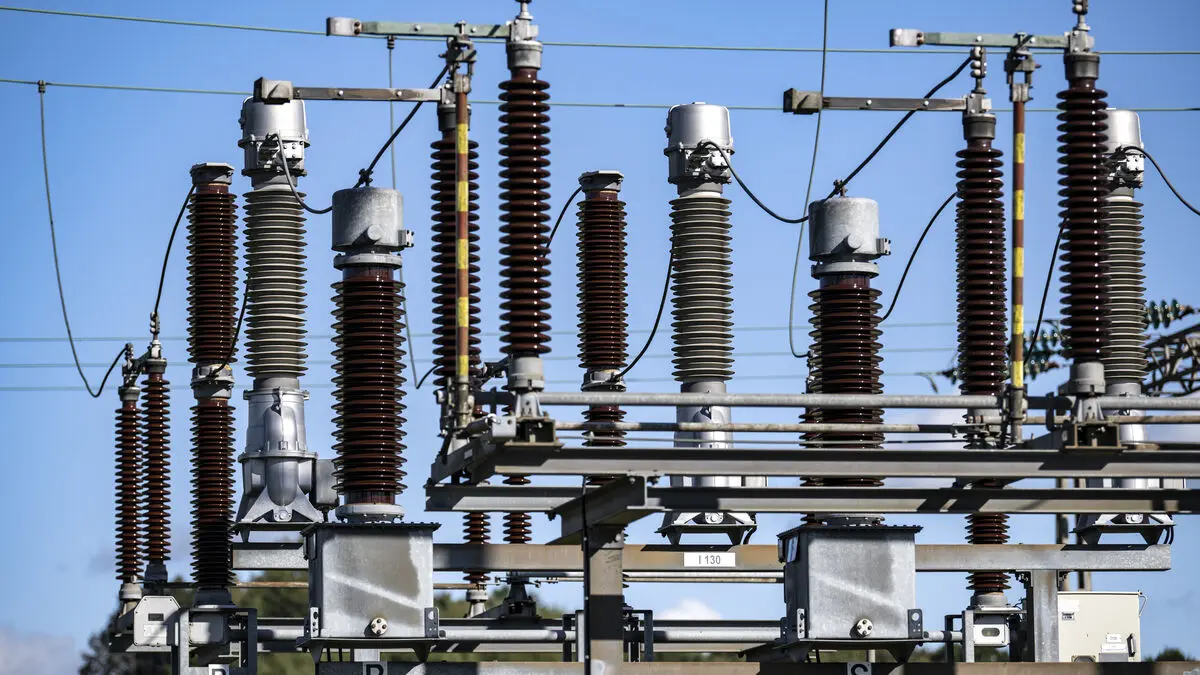The EU's so-called deforestation law is actually finalized and has been ready for a long time, intended to come into force from the turn of the year. However, after criticism about unclearness, the EU Commission has proposed a one-year reprieve to allow everyone to prepare themselves.
It was approved by the EU Parliament on Thursday with 371 yes-votes against 240 no-votes and 30 abstentions.
Jessica Polfjärd (The Moderate Party) is pleased.
This shows that we now have legislation that makes a difference between illegal deforestation in Amazonas and Swedish sustainable forestry, she says after the vote in Brussels.
Short on Time
From other quarters, however, there are more critical voices. Above all, the amendments that were pushed through by the conservative party group EPP, led by the Moderate Party and the Christian Democrats, are being criticized.
The amendments must now be approved by the EU member states within just a few weeks – otherwise, the original law will come into force already at the turn of the year.
You risk the entire postponement and delay of the law's entry into force. Extremely irresponsible and a blow to Swedish forestry, says an irritated Emma Wiesner (C).
Voting Chaos
The anger is even greater over the way Thursday's decision was pushed through, despite many members having practical problems with their voting cards. Given that the margin was extremely narrow in several of the detailed votes on the amendments, the irritation afterwards was great over the conservative Speaker Roberta Metsola's decision to continue.
Especially in the left half, several voting machines did not function. Then you cannot take amendments to drive back EU environmental legislation with a three-vote majority. You should have interrupted the vote, says Jonas Sjöstedt (V).
You cannot be sure of this result. It was a complete fiasco in the chamber, says Heléne Fritzon (S).
The EU's "regulation to minimize EU-driven deforestation and forest degradation", abbreviated EUDR, was finally approved by the EU member states and the EU Parliament in the spring of 2023.
The idea is that a range of products, such as coffee and cocoa, will only be allowed to be imported into the EU if they can be proven not to have been produced on land where, for example, rainforest was cleared after 2021.
Several developing countries, including Brazil, have criticized the law, arguing that it is unfair and will lead to significantly increased administrative costs. The forestry industry and various import companies in the EU have also been worried about potential consequences and have received support from several EU member states.
To give everyone time to prepare, the EU Commission has proposed that the entry into force be postponed until December 30, 2025, instead of 2024.






